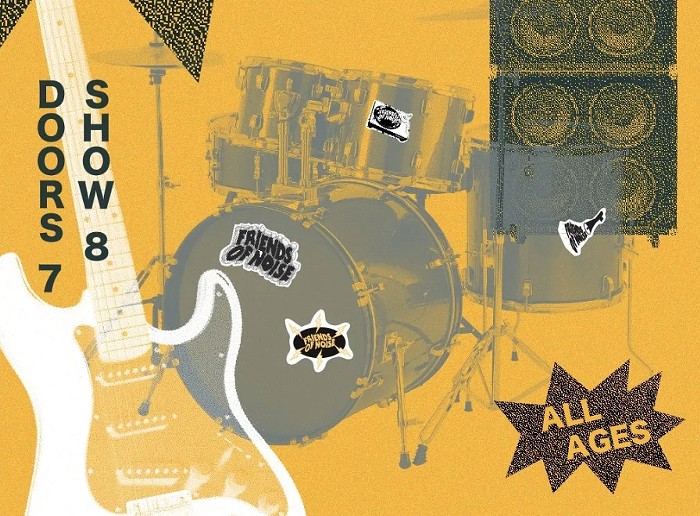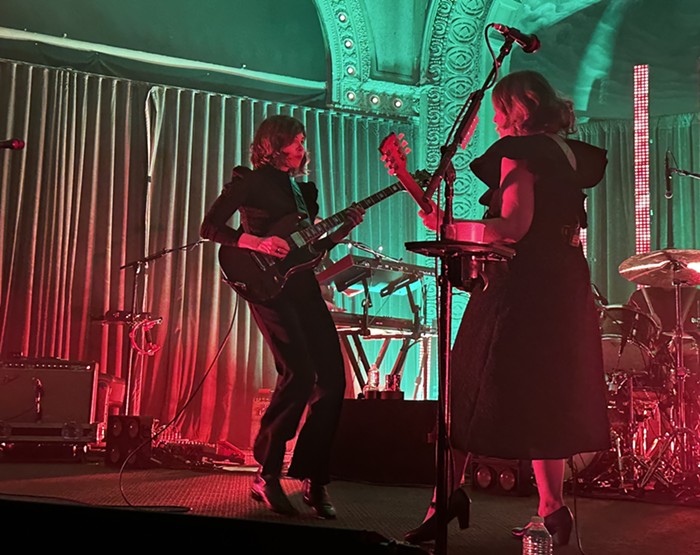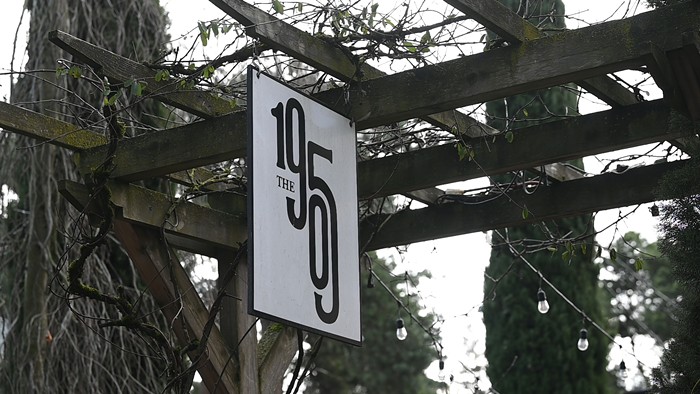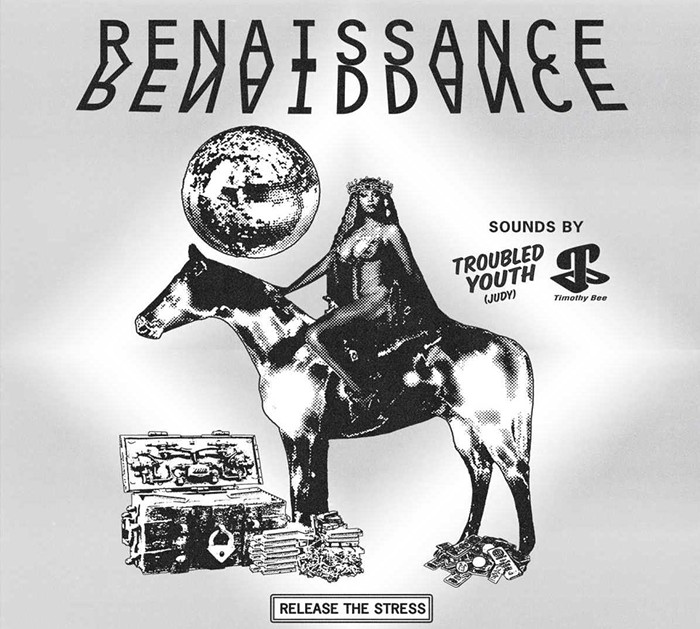Some musical acts are known for their glorious and triumphant rise to stardom, in which they overcome diversity and ascend to the top. Meanwhile, acts like Sierra Leone's Refugee All Stars had a far more difficult climb. Fleeing the soil of a country ravaged by political unrest, blood diamonds, and a brutal civil war that was largely ignored by the world, the Refugee All Stars are a living, breathing, dancing, singing example of how the human spirit can survive even in the harshest of conditions.
Formed as the cameras rolled for a documentary that shares a name with the band, the members of Sierra Leone's Refugee All Stars came together in a refugee camp in Guinea. Along with two million others, they fled their native home of Sierra Leone at the onset of a brutal nine-year civil war, one whose effects still haunt the beautiful, yet troubled, West African nation. But while isolated in the camp, the group came together under the guidance of charismatic frontman Reuben Koroma, where they harnessed their wild sound—a loose mixture of African pop, reggae, "Sierra Leonean palm wine music," dancehall, and hiphop.
That is where Black Nature comes in.
An orphan abandoned in the camps, Black Nature is the lone emcee of the group, and his short bursts of rhyming are one of the highlights of the All Stars' music. While the group itself is a mesh of global sounds, it's Nature's relationship with the complicated genre of hiphop that is most inspiring. Now living outside of Portland and attending community college, Nature was drawn to the world of emcees at an early age, thus proving rap music's ability to resonant with people on a global level.
"Hiphop is something played all around the world. When I was coming up I'd listen to different styles of hiphop and it is popular in my country." He adds, "It's really easy to get Western-style hiphop: Jay-Z, Tupac, B.I.G., it's all popular there." Later on, at the refugee camp, Nature honed his skills and used his ability behind the mic to share a story that would otherwise be forgotten by a world whose interest in African affairs is sparse, at best.
"I found myself in the refugee camp and I had all these stories in my life, these horrible situations that had happened, and I want to pass on this message to the people." He continues, "What is happening to me, and to the people of Africa, and hiphop was the only way I had to pass on this message." This message—a vivid snapshot of the lives of those who are affected by war—along with those of his bandmates in the All Stars, is overwhelmingly optimistic, proving that no matter the situation, hope will ultimately prevail.
Sierra Leone's Refugee All Stars perform at Berbati's Pan on Friday, February 22. For more information on assisting with the Sierra Leone and other African relief efforts, visit ninemillion.org


















